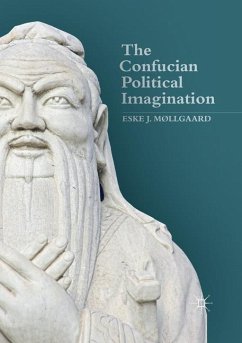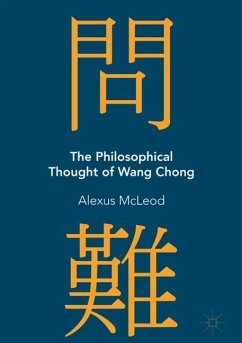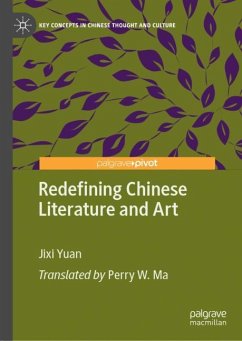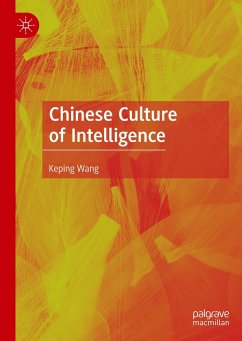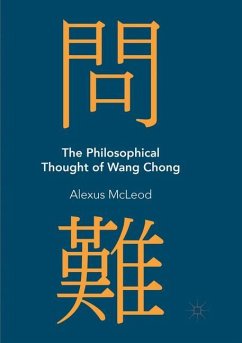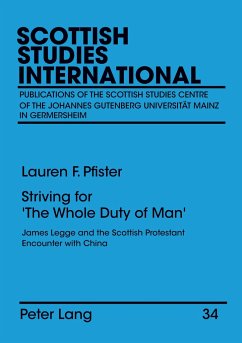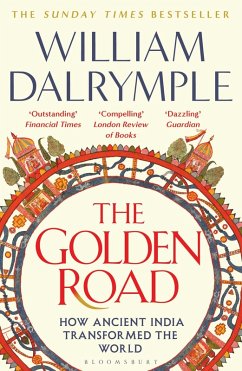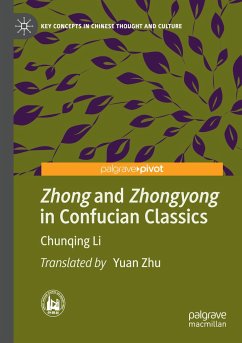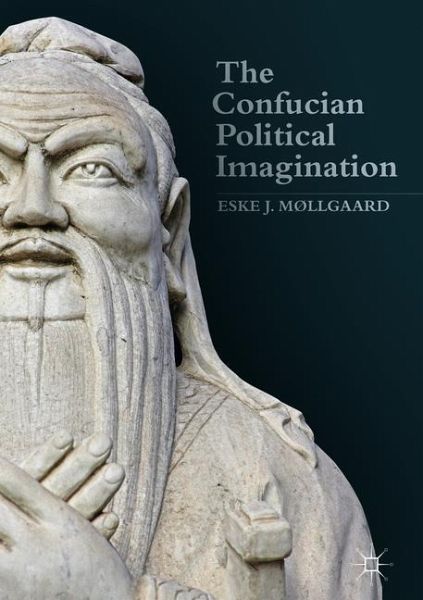
The Confucian Political Imagination
Versandkostenfrei!
Versandfertig in 6-10 Tagen
68,99 €
inkl. MwSt.
Weitere Ausgaben:

PAYBACK Punkte
34 °P sammeln!
This book critically examines the Confucian political imagination and its influence on the contemporary Chinese dream of a powerful China. It views Confucianism as the ideological supplement to a powerful state that is challenging Western hegemony, and not as a political philosophy that need not concern us. Eske Møllgaard shows that Confucians, despite their traditionalist ways, have the will to transform the existing socio-ethical order. The volume discusses the central features of the Confucian political imaginary, the nature of Confucian discourse, Confucian revivals, Confucian humanism an...
This book critically examines the Confucian political imagination and its influence on the contemporary Chinese dream of a powerful China. It views Confucianism as the ideological supplement to a powerful state that is challenging Western hegemony, and not as a political philosophy that need not concern us. Eske Møllgaard shows that Confucians, despite their traditionalist ways, have the will to transform the existing socio-ethical order. The volume discusses the central features of the Confucian political imaginary, the nature of Confucian discourse, Confucian revivals, Confucian humanism and civility, and the political ideal of the Great Unity. It concludes by considering if Confucianism can be universalized as an ideology in competition with liberal democracy.





